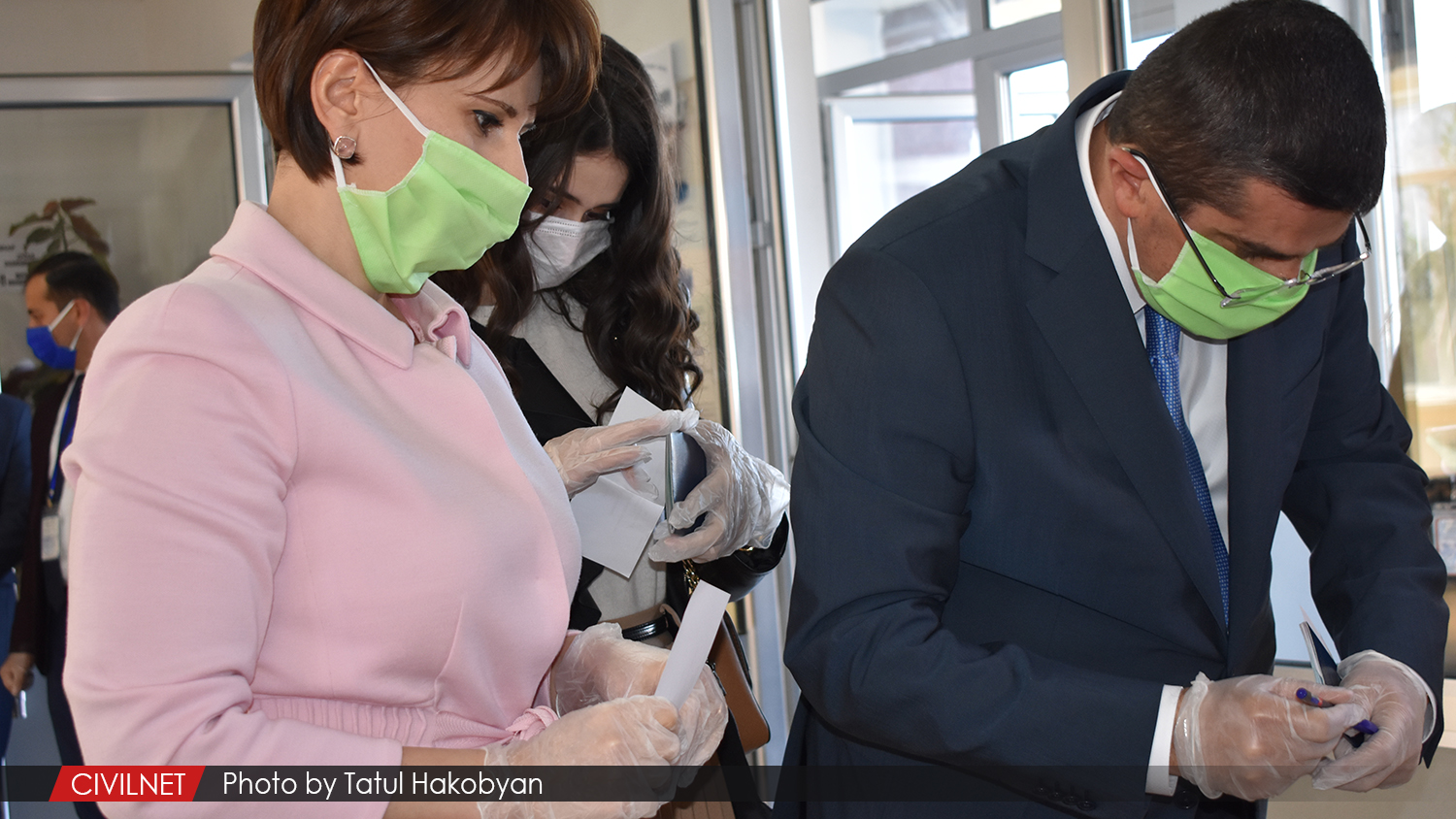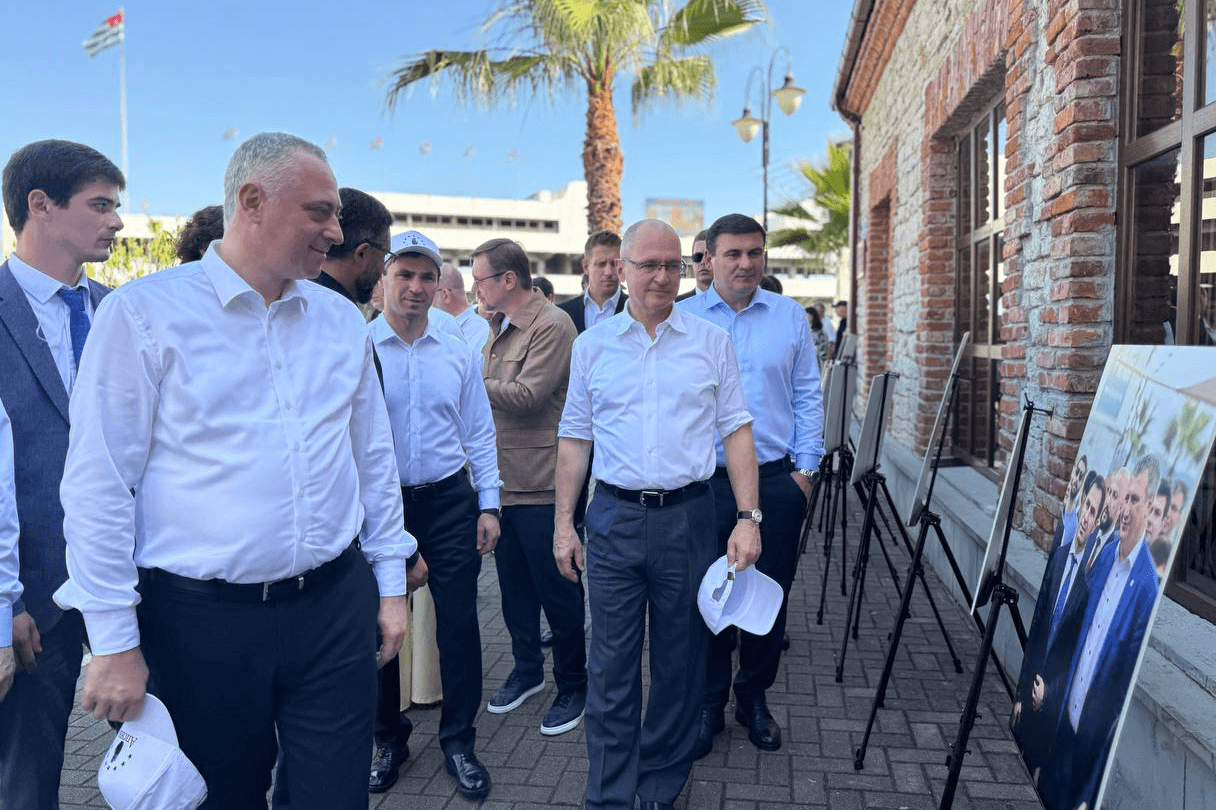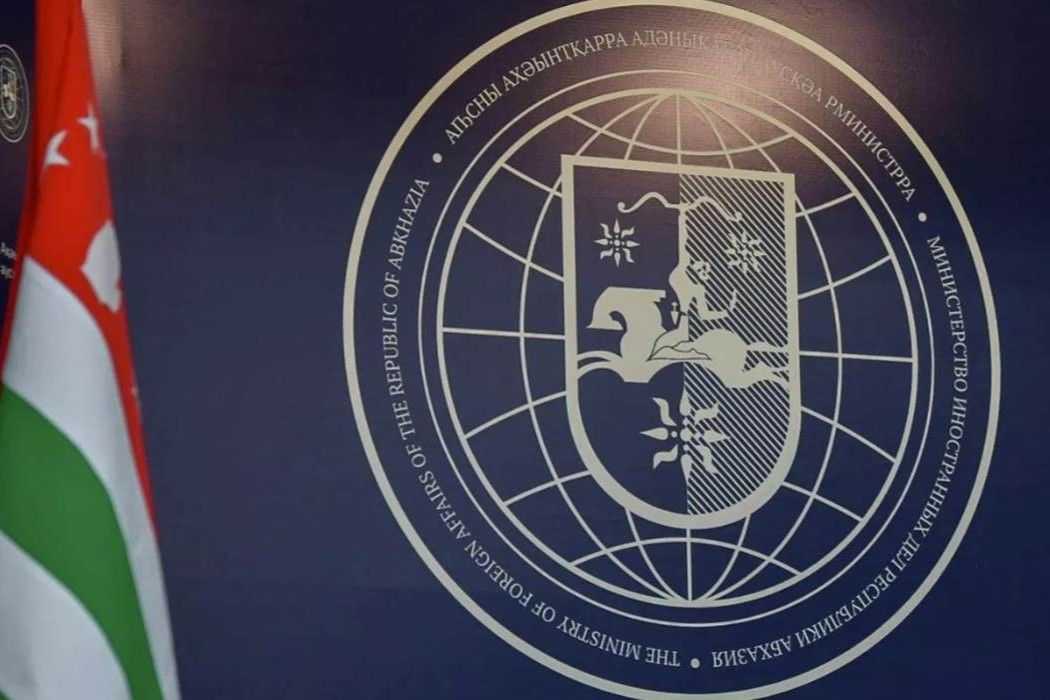
Abkhazia, South Ossetia, and Nagorno-Karabakh are particularly vulnerable to COVID-19 due to a lack of medical professionals and ‘severely underequipped’, hospitals, a new report from the International Crisis Group claims.
The group, an independent peacebuilding organisation, warned that Abkhazia suffers from weak infrastructure, lacks medical professionals and has an ageing population, with nearly 20% of residents over 60 years of age.
The report, published on Wednesday, said that close to 80% of medical personnel were in a high-risk group, as they were in their sixties or older.
‘If they get sick, the region will lose all its doctors within days’, the report cited a foreign diplomat who regularly travels to Abkhazia.
It suggested that Georgia’s central government should consider granting permission to international organisations or foreign banks to offer aid to Abkhazia to ease the economic pain.
As for the measures taken against the spread of coronavirus in Abkhazia, the ICG said that the authorities were slow to impose social distancing.
‘The COVID-19 crisis coincided with elections for a new de facto president and, here as well, there was little evidence of masks or other preventive measures at campaign rallies or on election day. Not until the vote was over did local authorities introduce a state of emergency’, the report said.
As of 8 May, the authorities in Abkhazia have confirmed three cases of COVID-19; two have recovered and one has died.
Abkhazian officials introduced a state of emergency on 29 March and a month later extended most of the anti-coronavirus measures in place until 15 May, including a prohibition on sports, cultural, and entertainment events, weddings and other ceremonies, and a ban on tourism and foreigners entering Abkhazia.
Markets have reopened and will be operating in Abkhazia three days a week.
Hospitals ‘severely underequipped in South Ossetia’
South Ossetia reported its first case of COVID-19 on 6 May. According to the South Ossetian state-owned news agency RES, a man who had entered the region from Russia on 30 April had tested positive for the novel coronavirus.
Hospitals in South Ossetia are severely underequipped according to the ICG report, with the group reporting that one of the few doctors in the region had refused to work due to lack of basic protective gear at the hospital,
The report partially blamed the situation on the reluctance of the authorities to work with the World Health Organisation and other international organisations.
They said this was because such organisations coordinate their activities with the Georgian government. ‘The de facto leadership sees collaboration with them as undermining their own demand for international recognition of the region’s independent status’, the report says.
The ICG said there was a high risk of COVID-19 spread in South Ossetia and that Russia, which provides a majority of the region’s needs, stopped most exports of medical supplies in early March.
‘Moreover, many of the region’s medical professionals have had no training for years, lacking even the know-how to operate 26 ventilators delivered from Russia. “We don’t dare to even go for blood tests with the local doctors”, a resident said.’
The organisation suggested South Ossetia cooperate with the World Health Organisation and UN agencies or ‘at a minimum they should communicate with them online or by telephone to provide the information necessary to support local efforts at preventing the spread of the virus and organising medical supply deliveries’.
As of 8 May, the number of confirmed cases has risen to 15.
In late March, local authorities announced the introduction of a ‘quarantine regime’. They closed the crossing points with Georgia-controlled territory indefinitely on 27 February, following a report of the first confirmed infection in Georgia.
On 5 April they also ‘fully closed’ the Roki-Nizhny Zaramag crossing with Russia’s North Ossetia, days after North Ossetia confirmed their first two cases.
Nagorno-Karabakh laboratory unable to assess COVID-19 test results
Although Yerevan has provided COVID-19 test kits, the ICG report said that the laboratory in Nagorno-Karabakh was unable to assess the results, so samples must be taken to Armenia.
They elaborated that the situation was particularly dire outside of the capital Stepanakert, where they said that even basic equipment and emergency vehicles were outdated and in short supply.
According to the group, local authorities ignored widespread calls from civil society activists and local doctors to postpone the presidential and parliamentary elections on 31 March and runoff on 14 April, and some candidates held large rallies in stadiums and town squares.

[Read more: Arayik Harutyunyan wins landslide victory in Nagorno-Karabakh presidential election]
‘Turnout was high, and only a few wore masks or gloves while standing in long, closely packed lines to vote’, the report said.
The International Committee of the Red Cross is the only international organisation providing support to the region according to the report, and their geographical reach is limited.
‘Because Nagorno-Karabakh is considered Azerbaijani territory under international law, international organisations require Baku’s permission to operate there. Without Azerbaijan’s sanction, no UN agency, including the WHO, has access to the entity’, the report said.
As of 8 May, 10 cases have been confirmed by the authorities in Nagorno-Karabakh, six of which have recovered. The President of Nagorno-Karabakh, Bako Sahakyan, announced a state of emergency on 12 April.
For ease of reading, we choose not to use qualifiers such as ‘de facto’, ‘unrecognised’, or ‘partially recognised’ when discussing institutions or political positions within Abkhazia, Nagorno-Karabakh, and South Ossetia. This does not imply a position on their status.







